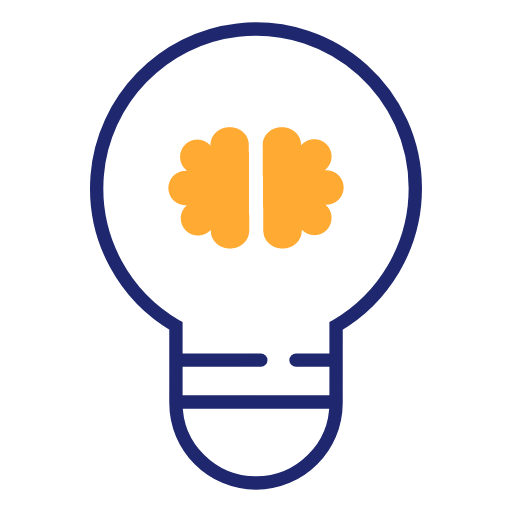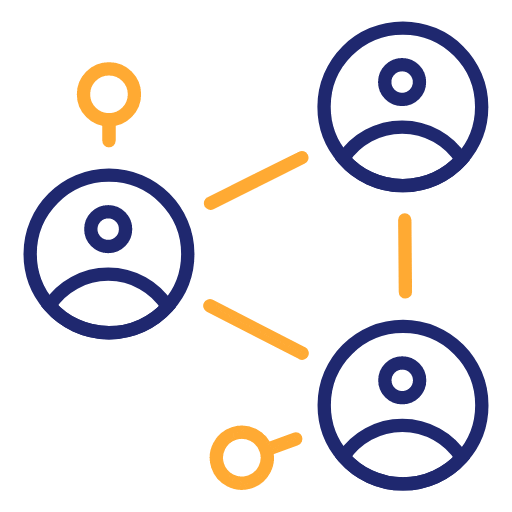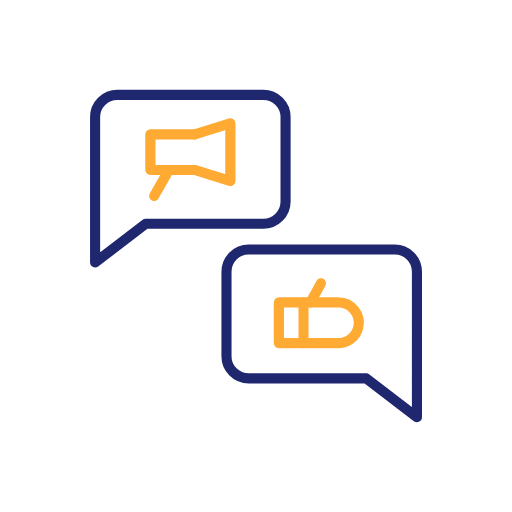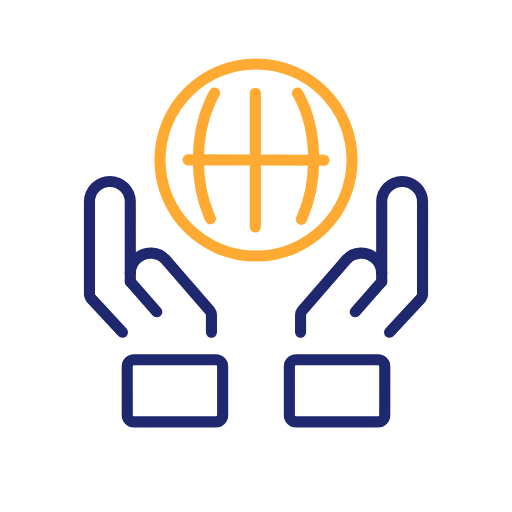The 21st century has brought about a significant shift in the global economy and the way we work and learn. With the advent of technology and the increased focus on collaboration and innovation, there is a need for individuals to possess certain skills and competencies to succeed in the rapidly changing world. These skills and competencies are known as 21st century skills.
21st century skills are a set of abilities that individuals need to possess to thrive in the modern world. They include:




For any nation to remain relevant and competitive, most of its citizens need to possess the skills and competencies required for the 21st century. These skills are essential for success in a variety of fields, including business, education, healthcare, and government.
Moreover, the rapid pace of technological advancement and the increasing use of automation in various industries have made it imperative for individuals to possess skills that cannot be easily replicated by machines. These skills include critical thinking, creativity, communication, and collaboration.
Therefore, training and assessing people for 21st century skills have become urgent and essential to remain competitive in the global economy and meet the needs of the modern workplace and academic institutions.
Despite the importance and urgency of training and assessing for 21st century skills, there is still a significant gap between current educational and assessment approaches and what is required to train and assess individuals for these skills. Traditional educational approaches often focus on rote memorization and standardization, which do not foster the development of 21st century skills.
Assessment approaches also often focus on standardized tests that measure a narrow set of skills and do not assess the full range of 21st century skills. To train and assess individuals for 21st century skills, educational and assessment approaches need to be reformed to focus on problem-solving, critical thinking, creativity, collaboration, and other essential skills.
